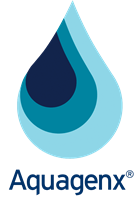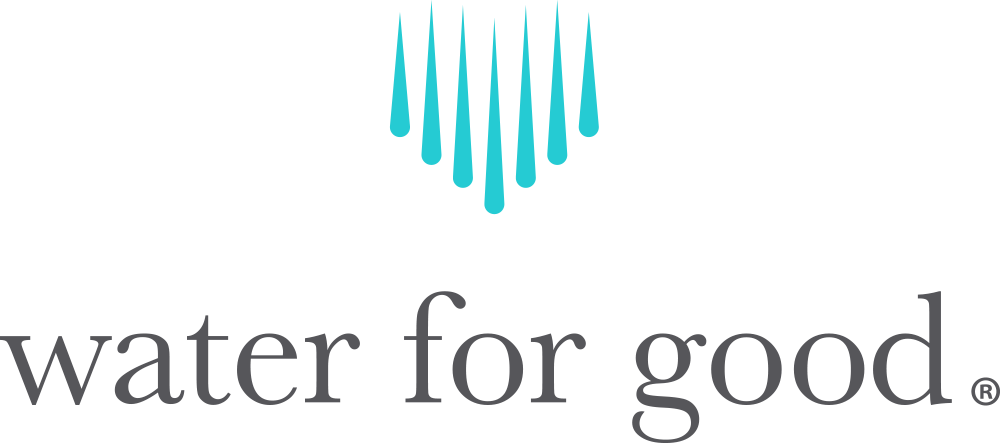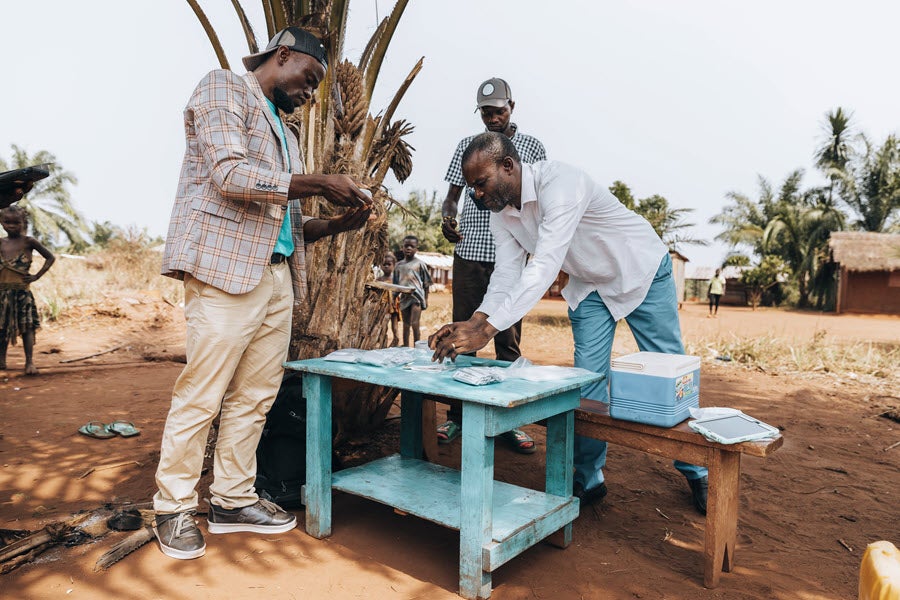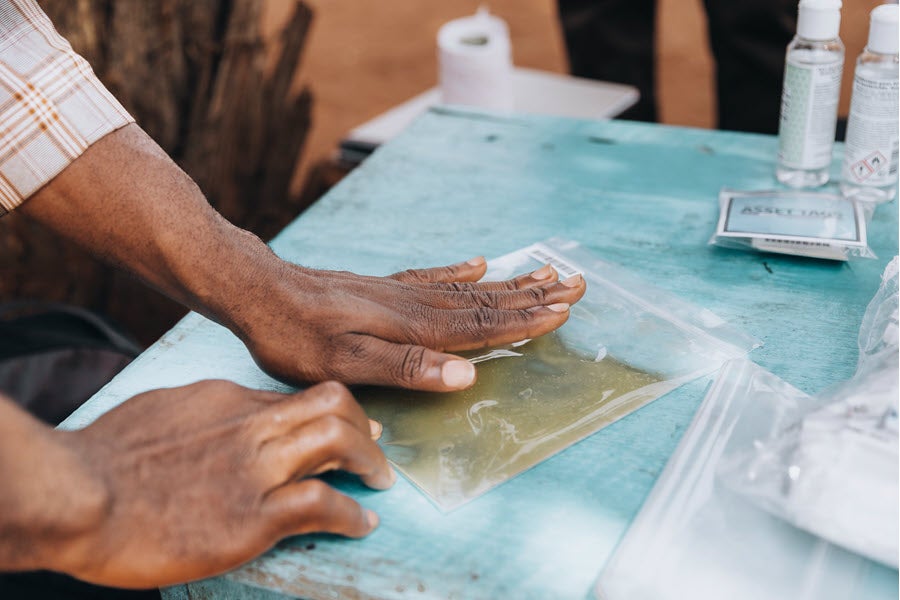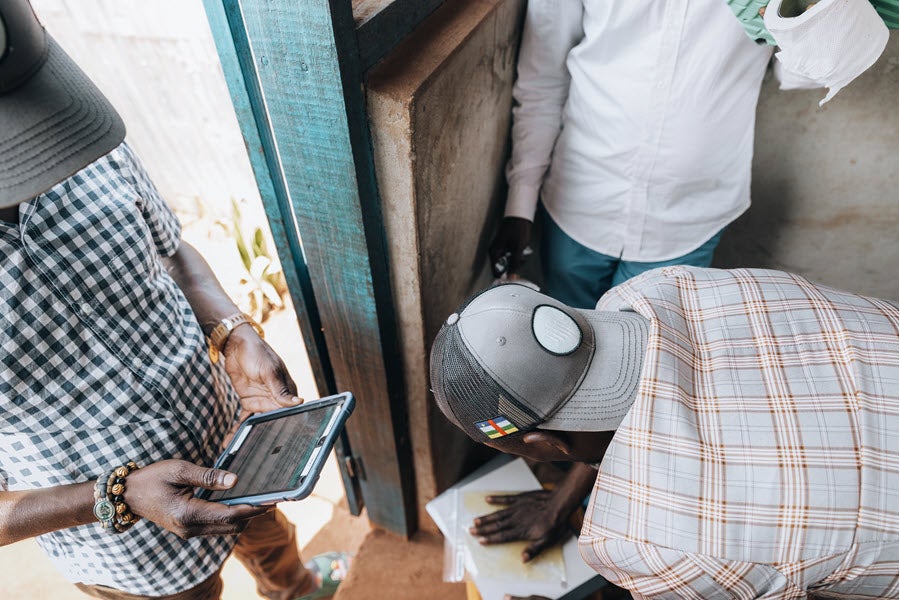Water for Good Adopts GEL EC CFU Kit
for E. coli Testing in Central African Republic
Water for Good is a faith-based NGO dedicated to tackling water poverty in the Central African Republic. They develop long-term partnerships with communities to empower them with sustainable access to clean water and transformational development solutions.
https://waterforgood.org/
Project and Problem
For more than half of the world’s population, it is a daily reality and requirement to walk 30 minutes or more to collect water from a surface water source that will most likely bring sickness and disease to families.
Water for Good is on a mission to change this reality, focusing on the Central African Republic (CAR). They employ 110+ Central African workers who provide clean water infrastructures through solar-powered pump systems and handpumps. Water for Good also manages a cutting-edge maintenance program that keeps 2,000+ water points running and provides clean water for over 650,000 people daily.
CAR is the second poorest country in the world, which presents substantial challenges for water quality testing. The only laboratory is in the capital city of Bangui, a one-day drive from Water for Good field teams. Transporting water samples to the lab requires booking humanitarian flights that are infrequent in the rainy season.
Water for Good needed a simple, microbial water quality testing method that could be used outside of labs in low resource settings to ensure effective implementation and monitoring of their solar-powered pump systems and handpumps.
Solution and Project
They selected the Aquagenx GEL EC CFU Kit, a field test for E. coli that generates Colony Forming Units (CFU) results for 100 mL water samples without membrane filtration equipment. Water for Good worked in conjunction with charity: water, their donor and technical partner.
To introduce the GEL Kit to their field teams, Water for Good provided a presentation on water quality principles, why water quality testing is important, and the long-term impacts of unsafe water. They explained how to use GEL EC CFU Kit and interpret CFU test results for E. coli.
After the presentation, the Water for Good team went into the field, practicing water sample collection with the GEL Kit and explaining to the community what was being done to their water system and why.
Water for Good’s first activity using the GEL Kit was to analyze samples from 1,800+ handpumps and tap stands serving households that use water from a solar-powered system. These systems are connected to the residual chlorine treatment system to ensure the water remains safe at the household level after collection from the community tap stand. Enumerators collected over 130 water samples from 10 different tap stands, comparing those where the treatment system was up and running to those where it had not yet been activated.
Each Aquagenx GEL Bag received a bar code the technician scanned before sample collection and again 24 hours later. Logging the information using iPads, sample data was collected in iFormbuilder and linked to specific water systems.
The iFormbuilder app is used across all Water for Good activities. Using GPS coordinates, lookup features allow staff to identify the work sites. Different reports are filled out based on the activity (drilling, installation, maintenance, community engagement, water sampling, etc.). iFormbuilder also takes photos when entering the data. Water for Good collected three photos when doing the GEL tests: 1) pouring water into the sample bag, 2) GEL Bag prepped for incubation, and 3) GEL bag after incubation period showing test results.
Test Results
Test results clearly indicated contamination happens primarily due to the water collection container. Sites without an active chlorine system performed noticeably worse than those where the system was already active. These results highlighted the chlorine system’s importance while underlining the necessity for further community training on best practices for safe water collection and storage. It was particularly useful to see the success of the chlorine systems.
Conclusion
“We believe the GEL EC CFU Kit is easy to use,” says Julien Barbier, Manager of the WASH Programs. “It is perfectly suited for CFU field testing in remote, low-resource areas and the environmental and contextual conditions of our sample collection areas in CAR. We will continue using the GEL EC CFU Kit in our work in CAR because of its usability and accuracy for E. coli CFU testing in the field.”
